DALLAS — Air New Zealand (NZ) has unveiled its ambitious plan to introduce all-electric cargo flights by 2026. This move marks a significant step toward promoting sustainability within the aviation industry.
The New Zealand flag carrier revealed that Wellington Airport (WGL) and Woodbourne Airport (BHE), trading as Marlborough Airport, have been chosen as the designated ports for the airline's first all-electric aircraft.
The purchase of the all-electric ALIA CTOL from Beta Technologies was announced by NZ in late 2023. Initially, the next-generation aircraft will be used exclusively for cargo operations in partnership with Air New Zealand Post.
Wellington Airport will serve as the primary base for Air New Zealand's first next-generation aircraft, while BHE will establish the necessary charging infrastructure to power the aircraft for its return journeys.
Kiri Hannifin, Air New Zealand's Chief Sustainability Officer, expressed gratitude to both airports for their willingness to take on a leadership role in supporting the airline's efforts to integrate next-generation aircraft with lower emissions into its operations.
The commercial demonstrator aims to pave the way for the introduction of more environmentally friendly aircraft within the New Zealand aviation system.

BETA's ALIA CTOL
The star of this initiative is the Beta ALIA electric cargo aircraft, a conventional take-off and landing (CTOL) aircraft which measures over 39 feet in length and weighs three tonnes. It boasts impressive capabilities, including a top speed of 168 miles per hour.
Extensive test flights have demonstrated its ability to cover nearly 300 miles on a single charge. With a charging time of only 40 to 60 minutes, the aircraft highlights the practical feasibility of electric aviation for commercial operations.
Air New Zealand's CEO, Greg Foran, has been vocal about the airline's commitment to reducing its carbon footprint through sustainable aviation fuels. He emphasized the potential of next-generation aircraft, such as the Beta ALIA, in significantly cutting emissions, especially in regional operations.
The Beta ALIA aircraft represents a crucial advancement in the airline's efforts to reduce emissions. Data from 2023 revealed that aviation accounted for 12% of New Zealand's carbon emissions, a significant contrast to the global average of 2.8%.
Kiri Hannifin, Air New Zealand's chief sustainability officer, expressed that almost all airports across the country have shown great interest in securing routes for the electric cargo flights. This widespread enthusiasm highlights the growing support for sustainable air travel in New Zealand.

.jpg)
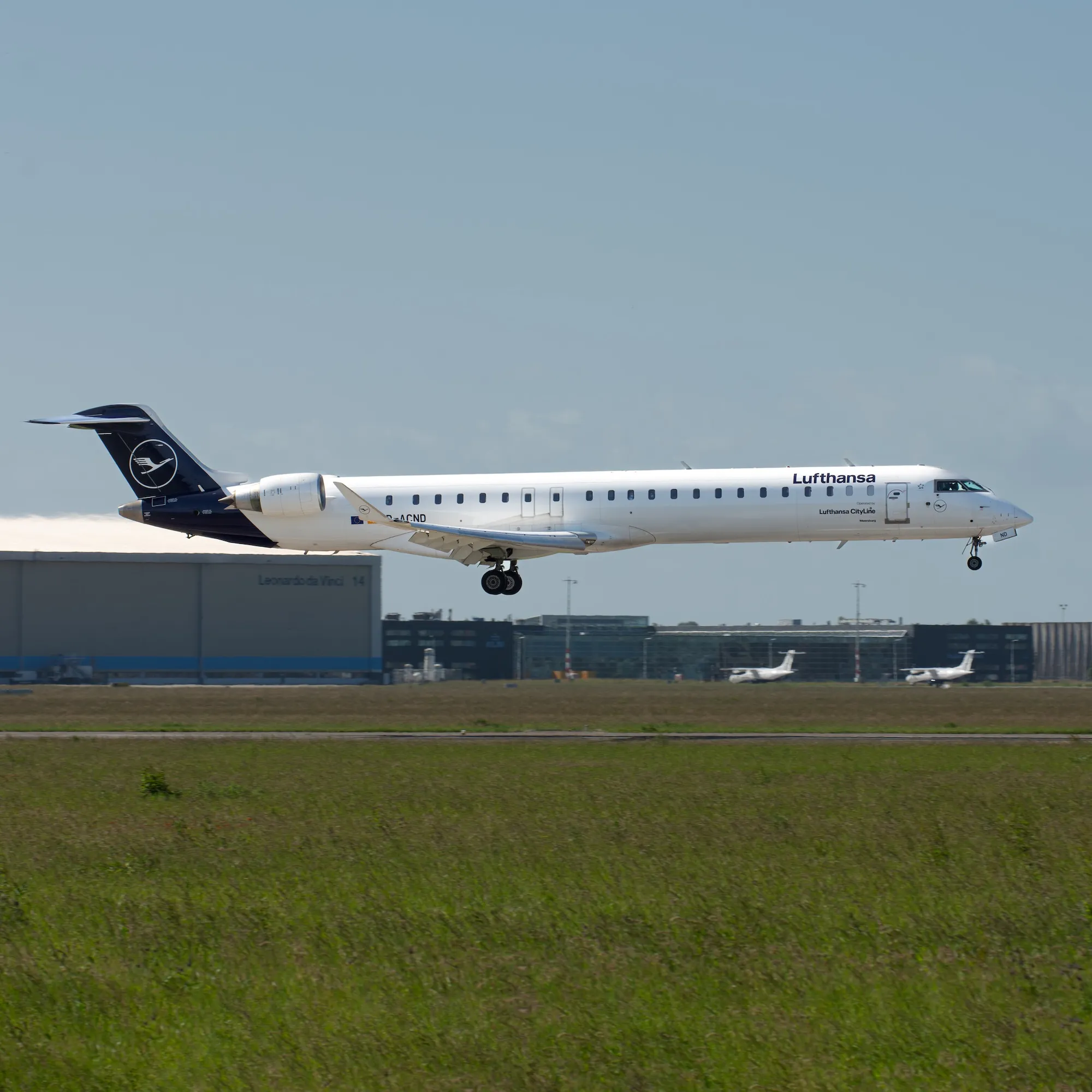
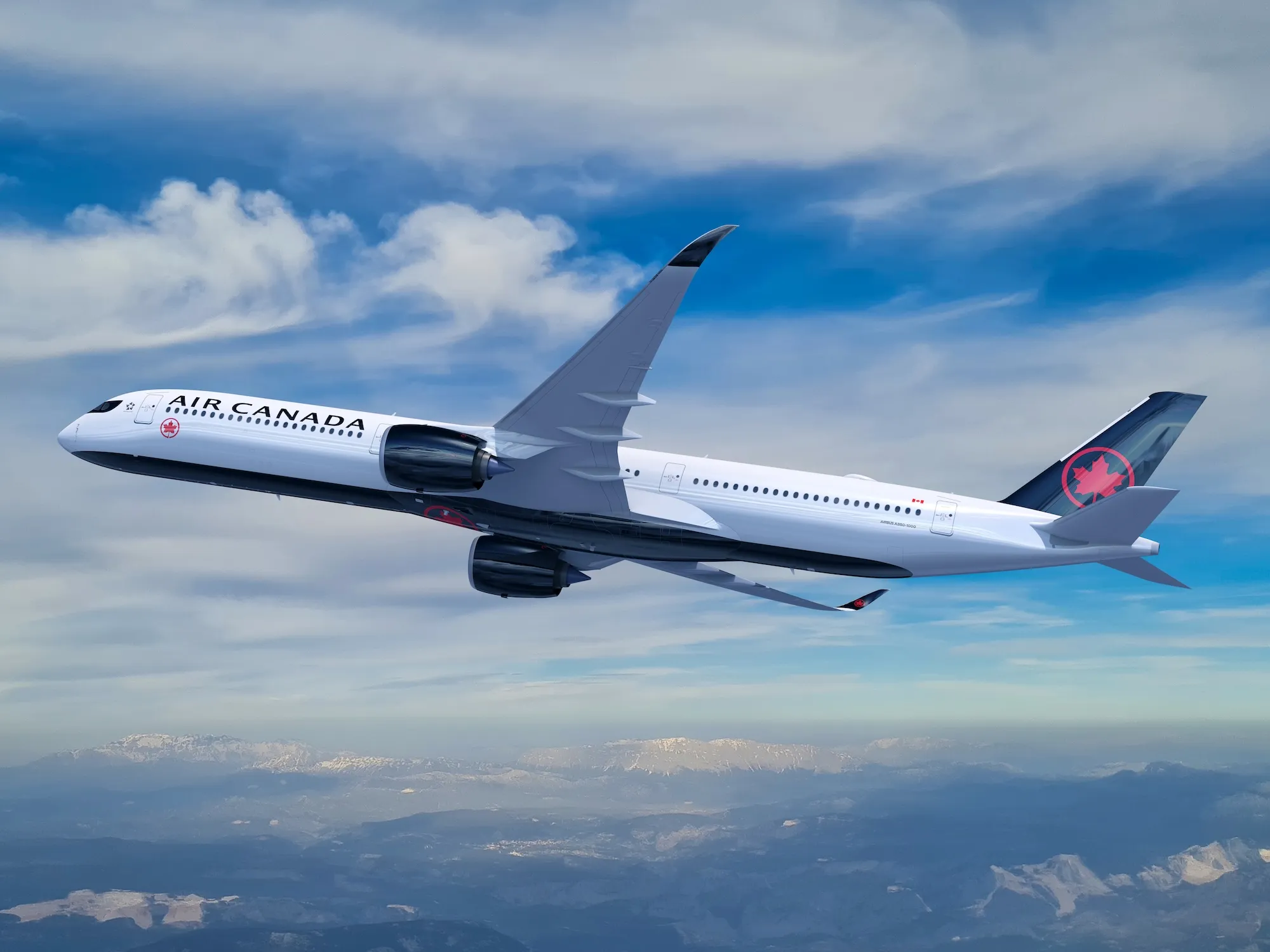
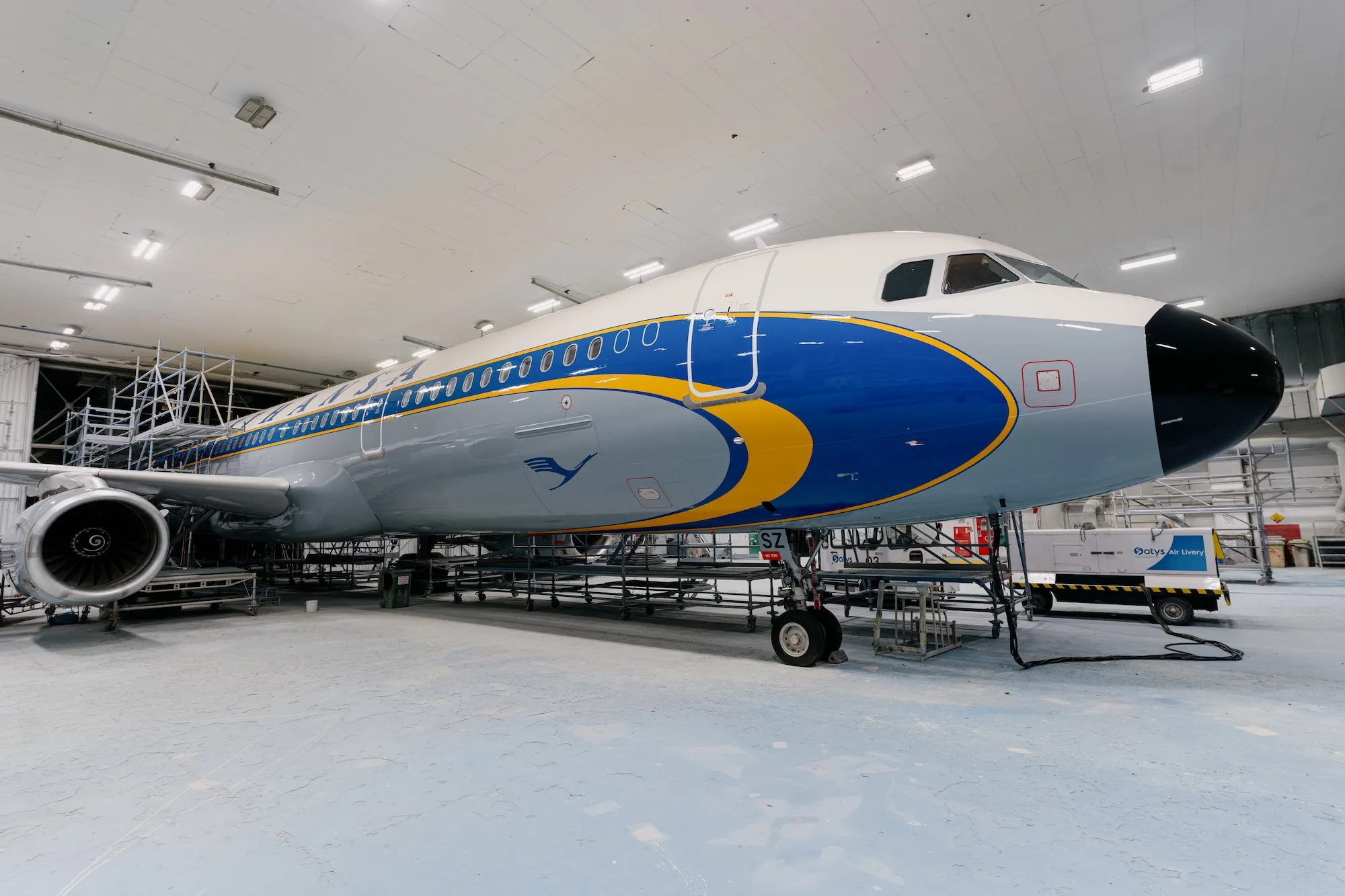
.webp)
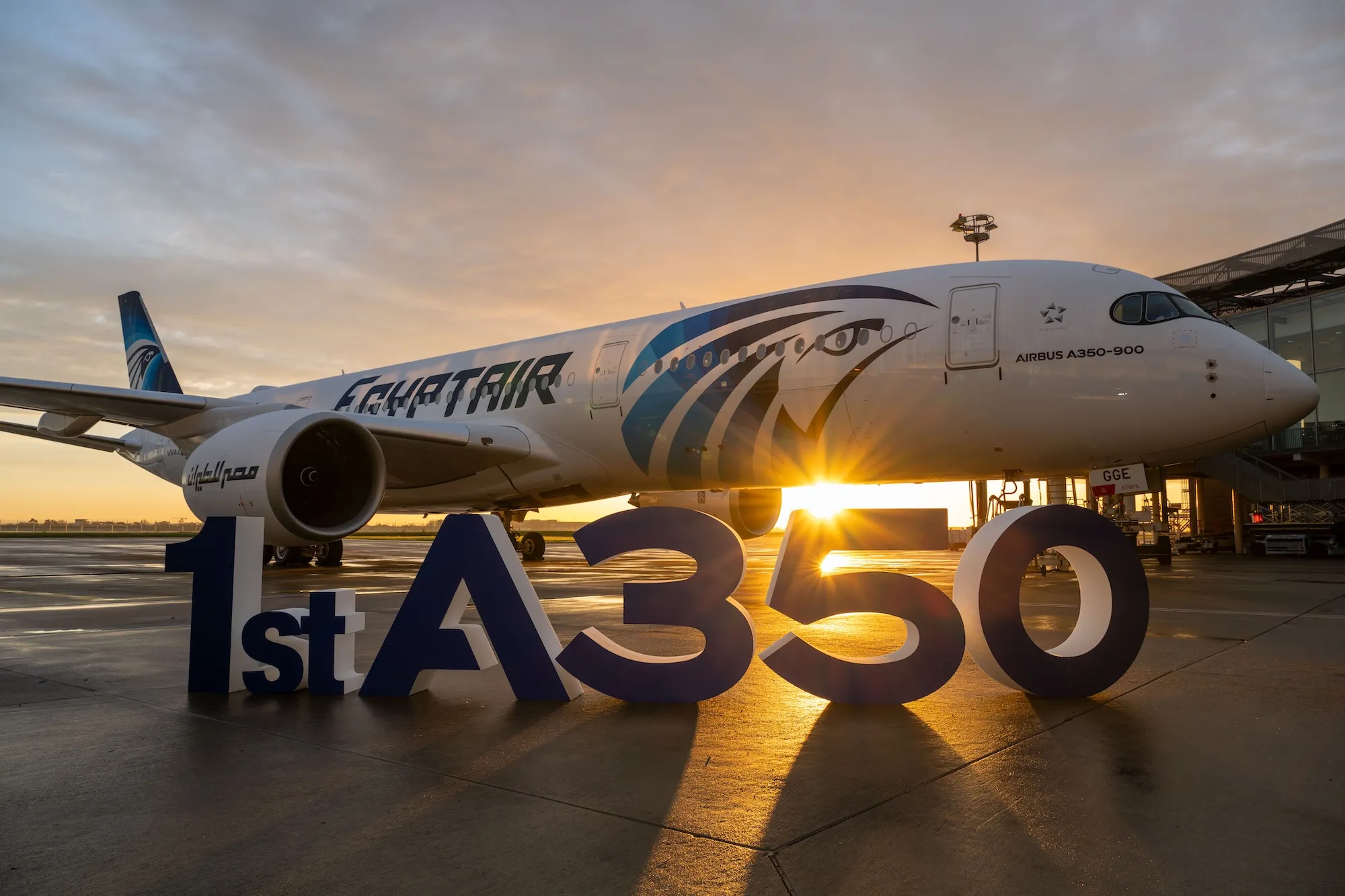


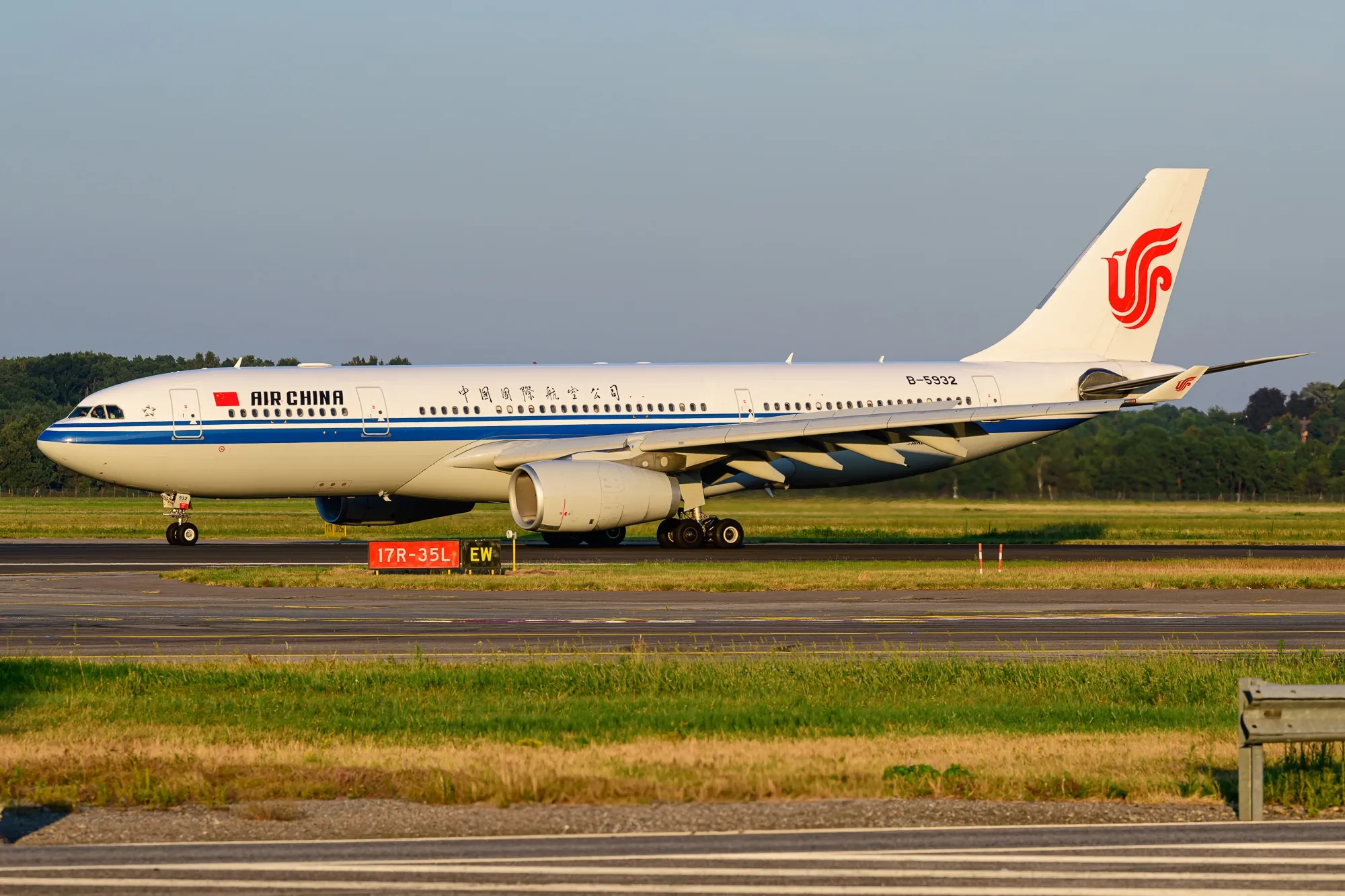
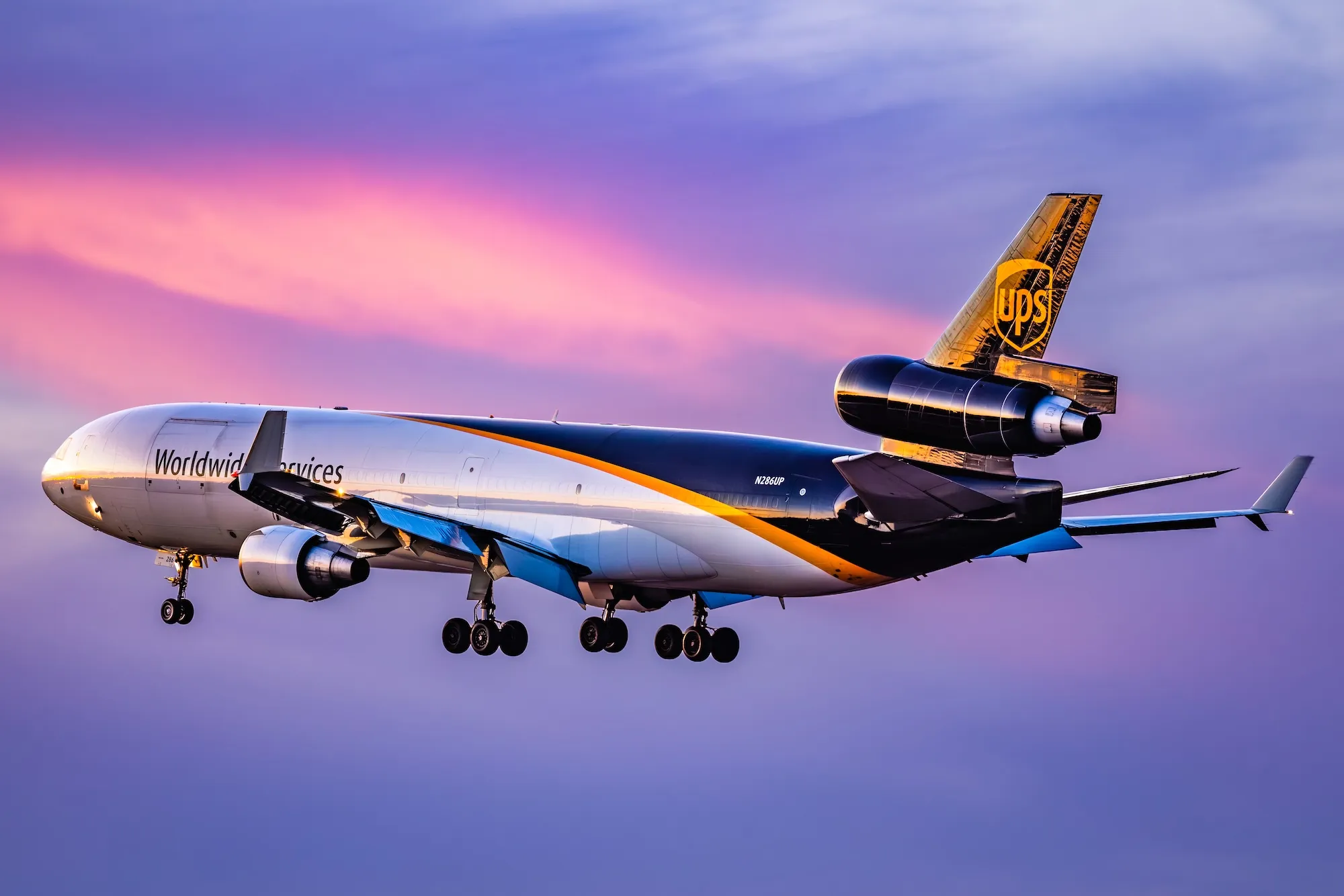
.webp)